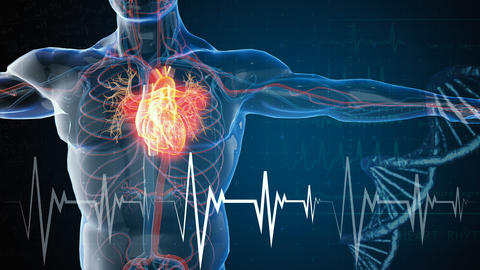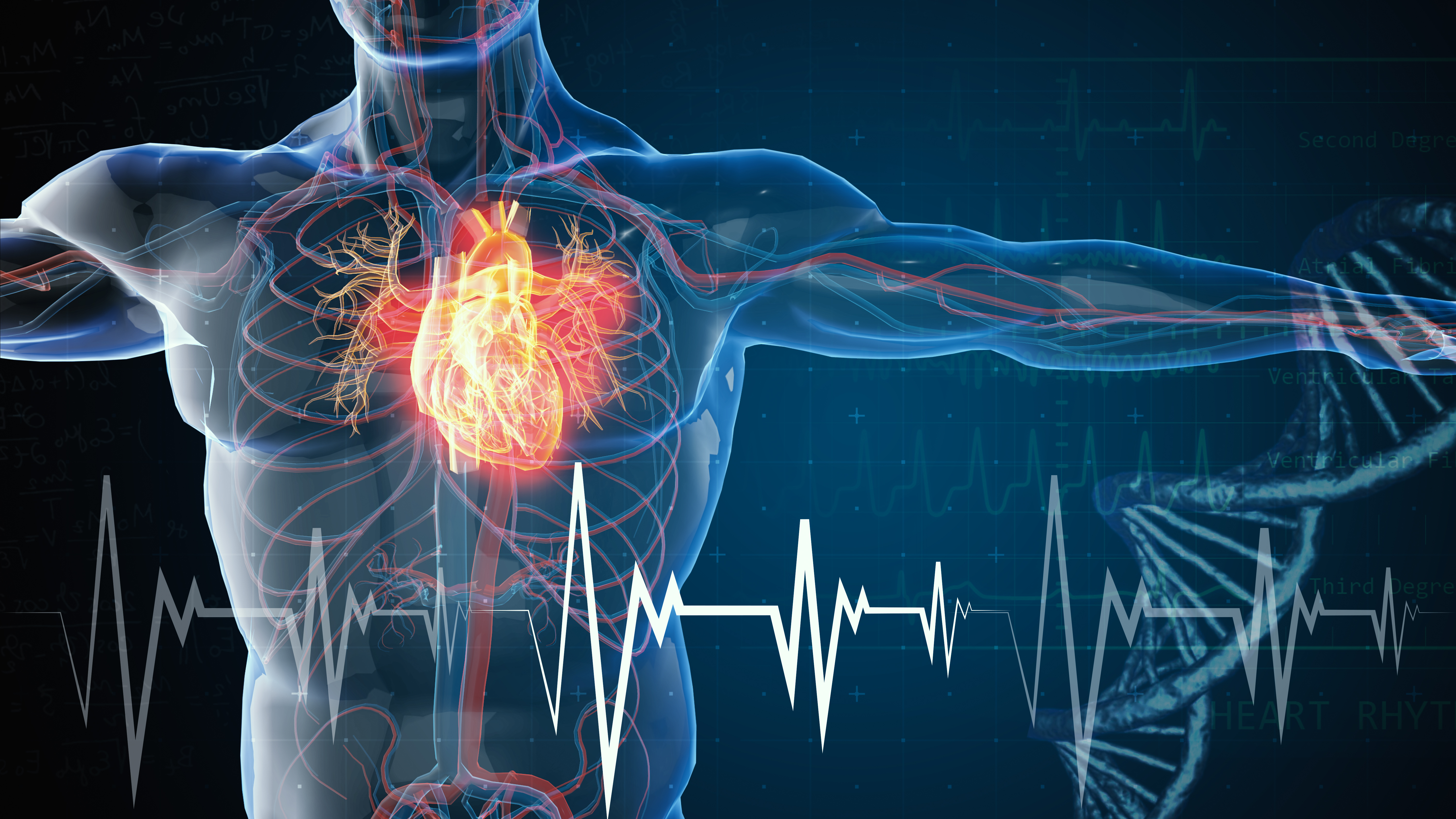Sebastian River Medical Center Offering Hope for the Treatment of Sudden Cardiac Arrest

 (Sebastian, FL, February 22, 2021) – Sebastian River Medical Center is offering the latest treatment for those at risk for sudden cardiac arrest. The EMBLEM™ Subcutaneous Implantable Defibrillator (S-ICD) System is the first and only subcutaneous (beneath the skin) implantable defibrillator providing protection for a broad range of patients at risk for sudden cardiac arrest, while also providing protection from the risks and complications associated with typical transvenous defibrillators.
(Sebastian, FL, February 22, 2021) – Sebastian River Medical Center is offering the latest treatment for those at risk for sudden cardiac arrest. The EMBLEM™ Subcutaneous Implantable Defibrillator (S-ICD) System is the first and only subcutaneous (beneath the skin) implantable defibrillator providing protection for a broad range of patients at risk for sudden cardiac arrest, while also providing protection from the risks and complications associated with typical transvenous defibrillators.
The EMBLEM™ S-ICD continuously monitors a patient’s heart rhythm 24 hours a day. If an arrhythmia is detected, the device sends out an electrical shock restoring the heart to its natural rhythm. “Unlike a transvenous ICD device, the pulse generator is implanted on the left side of the chest near the rib cage while the lead and electrode are implanted just under the skin above the breastbone, eliminating the need for wires to be implanted in the heart,” explains Michael Greene, MD, cardiothoracic surgeon, Sebastian River Medical Center. “The system is designed to be less invasive and safer for the patient.”
The main goal of this device is to prevent sudden cardiac arrest. Patients that may be candidates for the S-ICD include those in heart failure, patients who experienced cardiac arrest caused by ventricular fibrillation, those with dilated cardiomyopathy and other some other specific cardiac conditions.
According to the American Heart Association, more than 350,000 Americans each year have an out-of-hospital cardiac arrest where the heart stops beating and only 12 percent survive. Many factors can contribute to sudden cardiac arrest including diet, exercise, smoking, high blood pressure, heart failure, diabetes and family history. It is important to see your physician regularly for health screenings and discuss your overall health and concerns. Symptoms of sudden cardiac arrest include collapse, no pulse, no breathing and loss of consciousness. Typically, sudden cardiac arrest occurs without warning but, before these serious symptoms occur, some may experience chest discomfort, shortness of breath, weakness or a fast beating, fluttering or pounding heart. If you or someone you know is experiencing these symptoms, it is important to call 911.
